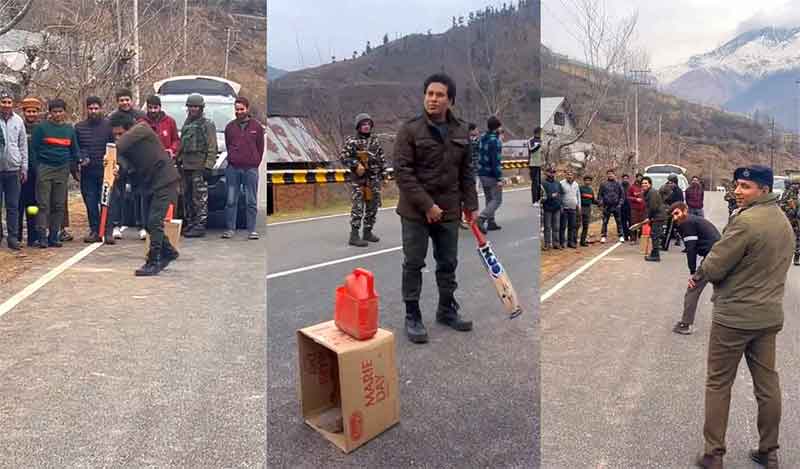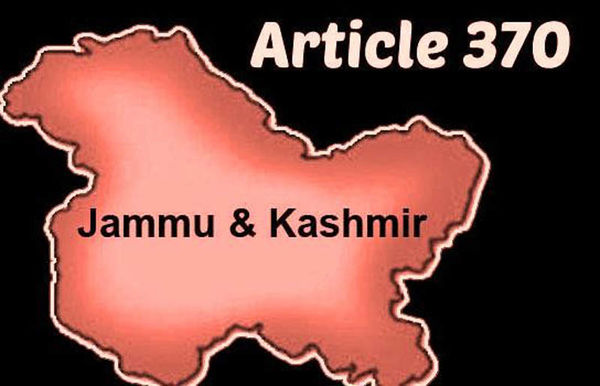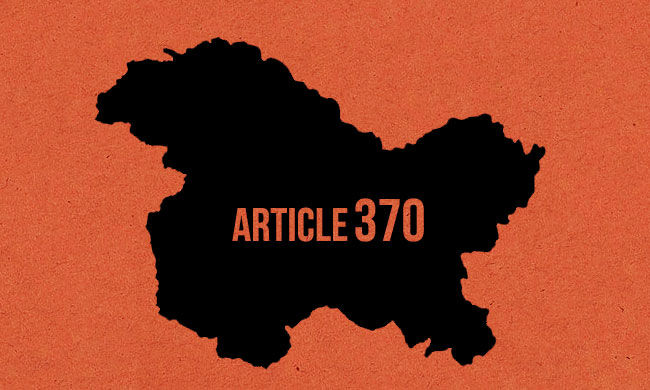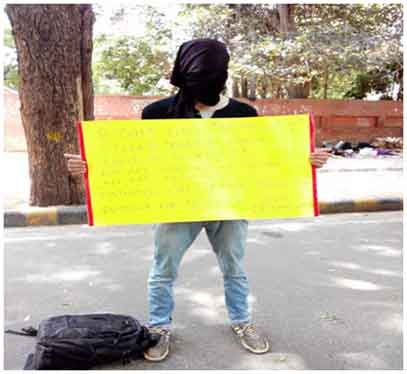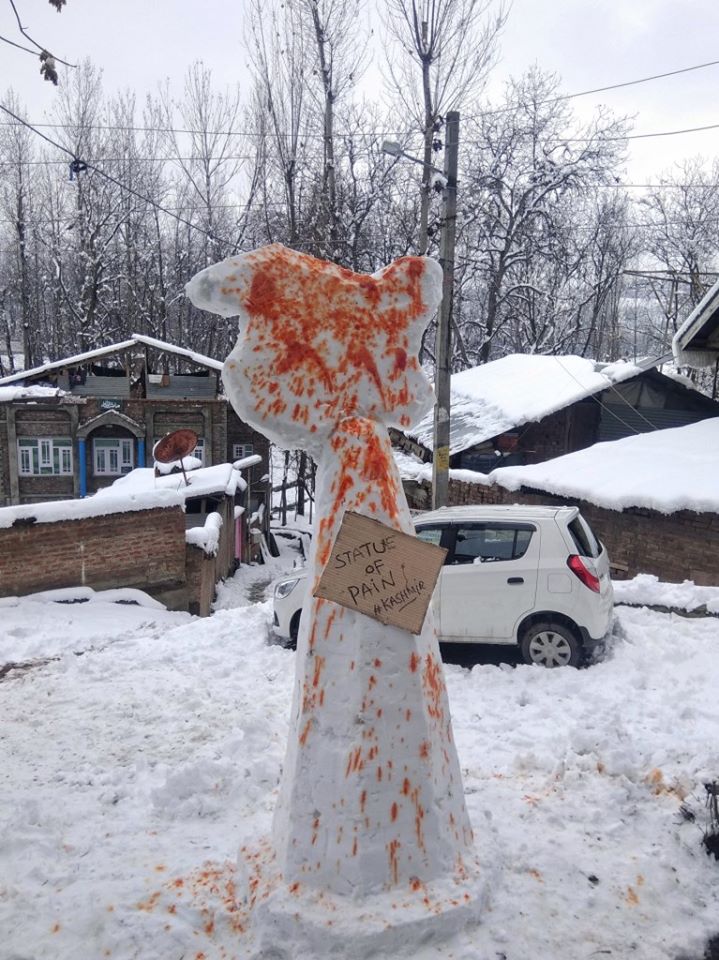
On the New Year’s Day, Kashmir will complete 150 days of siege – largest ever in any place with the world’s longest-ever internet blockade. Although the curfew-like siege that started on mid-night 4 August has been considerably eased, the wherewithal of the cordon remains entrenched and determined to activate with a wild vengeance whenever Kashmiris display any potential for resistance. So far, the only reason Kashmir has been spared a bloodbath is the strategic restraint of the population from taking out any large demonstrations that would have allowed the authorities to commit mass murder on a much larger scale than what Mehbooba Mufti did in July 2016 in the aftermath of Burhan Wani’s killing when nearly 150 youths were brutally killed and tens of thousands injured or blinded. Earlier, in 2008 and 2010-11, similar massacres were carried out to quell mass uprisings.
In the current iteration of the crisis, absence of any large-scale murder of people does not absolve the conduct and character of New Delhi or suggest it has weaned herself of Kashmiri blood. There are credible reports that the then-Governor Satya Pal Malik had prepared a large-scale contingency plan to deal with the mass public massacre that it envisaged to control the public reaction in the aftermath of the abrogation of Article 370. That it did not happen could be ascribed to a sudden maturity from Kashmiris or a divine providence or both. From New Delhi’s point of view, absence of large-scale public battering does not bode well for her future predatory engagement with the people and the region. Had a few massacres happened, the total ban on communication would have masked it well and in a world of fast-changing priorities, it would have even been forgotten by the world by now leaving Kashmiris exhausted to mourn and lick their wounds all alone, as they’ve done in the past. Therefore, there is a fear that a public rebellion is lurking around in the very presence of a prying security bandobast.
The absence of a strong public reaction has even baffled the pro-India Kashmiri political groups like National Conference and People’s Democratic Party, who would have cherished mass deaths and that too not on their watch. Two days before the abrogation of Article 370, Omar Abdullah issued a general appeal to the public to come out on the roads to block the impending Indian move. A public response would have certainly caused a justification for brutal violence as the state’s choicest response against any peaceful protests since 1931. In fact, his grandfather, Sheikh Abdullah’s rise to power was largely built on Kashmiri dead bodies when Hari Singh’s forces started a killing spree on 13 July 1931. Years later when Abdullah was ousted from power by Indian Prime Minister Nehru causing his ‘political wilderness for two decades’, his only means to stay relevant and ultimately seek a political accommodation with New Delhi was through the ceaseless production of dead bodies of naïve Kashmiris who believed Abdullah was fighting their struggle. Thankfully, this time around nobody paid heed to Omar Abdullah, who as the Chief Minister, had inaugurated several massacres of peaceful protestors.
The surprise at the hitherto ‘non-reaction’ of Kashmiri masses is all the more palpable in Islamabad. After all, Prime Minister Imran Khan, in his extremely long and passionate speech on 27 September at the United Nations General Assembly had issued a chilling warning that “there would be a bloodbath when India lifts its curfew”. Although the milieu of extreme coercion and threats abound with little respect for public safety and security, the curfew in Kashmir stands lifted. Thankfully, the bloodbath has been avoided, at least so far. In absence of any proverbial bloodbath, Pakistan looks strained for want of a meaningful and credible reaction to the Indian moves in the region. All that it has managed so far is a lot of rhetoric that also seems to have run out of steam as the situation progresses into a new year. True, Prime Minister Imran Khan, in his televised address to the nation in late August, vowed that “Pakistan will go to any lengths to support the cause of the oppressed Kashmiri people”.
Before the Indian elections, Khan, in his off-the-cuff spirit to trivialise every issue of import to a reductive terminology of sport, had bated for Narendra Modi’s re-election suggesting there may be a better chance of peace talks with India, a lazy view largely in consonance with the thinking of the Pakistani establishment that seems unnerved by its own intellect to explore anything beyond the confines of its cushy workplace environment. While Khan’s nature as a peace-maker is commendable, his infantile optimism has led him to a dangerous blind – as demonstrated by the aftermath of Modi’s re-election. Therefore, when the abrogation of Article 370 occurred, it came “out of blue for Pakistan” as one senior politician from Azad Jammu and Kashmir told me. As a result, it was met with panic and chaos. With time, the dread of the unknown might have settled a bit but failed to generate any credible and actionable response.
So far, all that has been done from the Pakistani side is writing of letters to various regional and international forums and issuing cyclical “statements” of impending doom and exhibiting “concern” of various degrees. However, placing blame on the current government alone would be inappropriate. This is a natural outcome of a sustained official policy of three decades that gradually dismantled the institutional memory on the issue to narrowly contain it within the security paradigm. But that also seems to have boomeranged, as Pakistan’s intelligence utterly failed to gauge the Indian mood exposing deep structural flaws in her engagement with India or Kashmir. This should have called for a serious review to understand failures and also fix the blame. Of course, such an inquiry would be considered delirious in Pakistan. Therefore, it is utterly convenient to invoke the scenarios of “bloodbath” in and for Kashmir. This places all the blame on the perpetrators and allows the self-appointed friends of Kashmir some much-needed face-saving defence.
Murtaza Shibli is a writer and consultant on Muslim issues in Europe and South Asia. He is also the editor of ‘7/7: Muslim Perspectives’, a book that explores the British Muslim reaction to the London bombings. Twitter: @murtaza_shibli
SIGN UP FOR COUNTERCURRENTS DAILY NEWS LETTER

